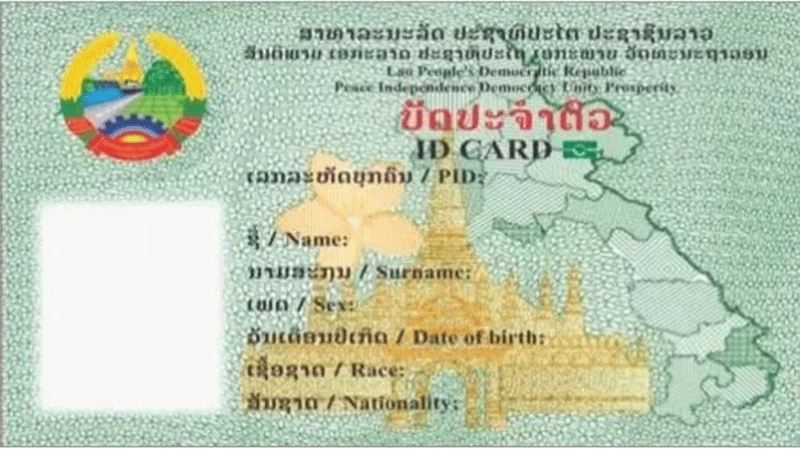 |
The government plans to modernise the integrated citizen database and national ID card system to improve digital public service delivery. (File photo) |
Govt orders data integration to modernise public services
The government plans to integrate the citizen database and identity card systems across all ministries and state organisations.
The move, spearheaded by a Prime Ministerial Order, aims to usher in a new era of digital governance, improving state administration, service delivery, and national development planning.
The directive calls for seamless connection and data-sharing between the central citizen database and identity cards, managed by the Ministry of Public Security, and the specialised databases of all ministries, ministry-equivalent state bodies, and administrative offices from the capital to district levels.
The Order supports the government’s goal to create a centralised identity infrastructure that will support digital public services, socio-economic planning, and national security imperatives.
Every ministry and local government authority is required to participate in the scheme. Ministers, provincial governors and district administrators are mandated to lead efforts to integrate and share personal data securely and efficiently with the Ministry of Public Security.
The initiative seeks to ensure accurate, real-time identity verification and streamlining procedures for citizens and businesses alike.
Ministries are instructed to ensure that all officials understand the legal and technical aspects of citizen data use, and to make preparations for digital connectivity between their internal databases and the central system.
The Ministry of Public Security is entrusted with a central coordinating role, including overseeing the digital conversion of household registration books, issuing chip-embedded national identity cards, managing citizen data, and ensuring data quality across all levels.
It will also lead public outreach campaigns to inform citizens of their rights and responsibilities under the system.
The Ministry of Technology and Communications is tasked with ensuring the security of data transmission and the robustness of digital infrastructure. Meanwhile, the Ministry of Justice will revise legislation to ensure that the legislative framework supports smooth data exchange between agencies.
The Ministries of Education and Sports; Health; Labour and Social Welfare; Finance; Industry and Commerce, and others are directed to align their databases with the central system to enhance processes such as student enrolment, healthcare record access, tax verification, social security, and business registration.
The Ministry of Foreign Affairs will integrate data systems to streamline the issuing of passports, while the Ministry of Public Works and Transport will do the same for vehicle registration and driver licensing.
The Ministry of Agriculture and Environment is also assigned to connect land title records and real estate transaction data with the identity system, paving the way for more efficient online public services in property management.
At the local level, administrative committees in Vientiane and all provinces and districts are charged with rallying citizens to engage with the new digital services.
This includes encouraging the use of chip-embedded ID cards for daily transactions and promoting digital literacy through community outreach teams and one-stop service centres.
Local authorities are also urged to propose citizen-friendly policies—such as reducing fees for online services—to Provincial People’s Councils, in a bid to boost public participation and reduce administrative costs.
District implementation committees are instructed to regularly collect and update citizen information to maintain a robust, clear, and modifiable database, aligned with ministry-level guidance.
The Order sets out clear expectations: each institution must designate focal points for coordination with the Ministry of Public Security—centrally, provincially, and locally. Ministries and administrative committees will serve as the official coordination hubs.
Leaders at all levels are urged to implement the Order.
The Order marks a major milestone in Laos’ digital transformation journey and is part of the government’s broader push to build a digital government, economy, and society, aligning with the Party’s strategic vision for digital modernisation.
It is expected to not only streamline government operations and improve access to public services but also foster greater public trust, transparency, and security in the management of citizen data.
By Times Reporters
(Latest Update July 15, 2025)
|


